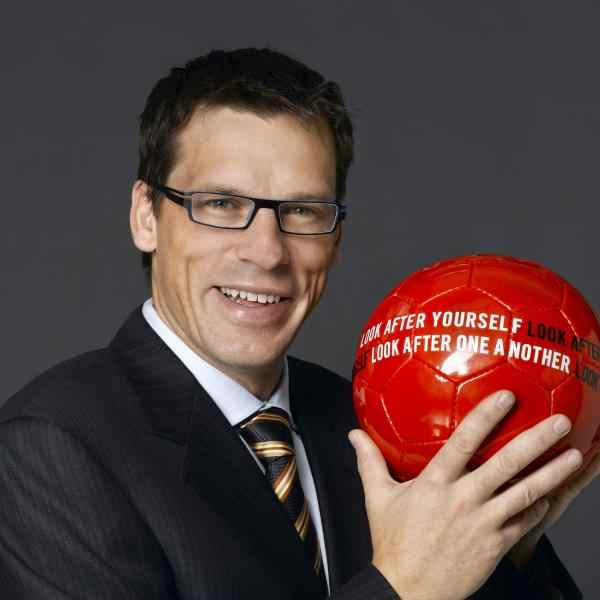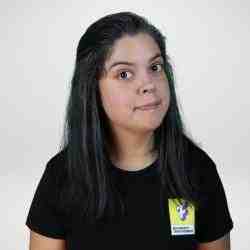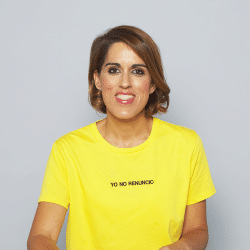Introduzione
Through "Right To Play," an athlete-driven international organization, Johann Olav Koss is working with children, youth and adult coaches in some of the most difficult circumstances in the world, such as refugee camps. His programs aim at bringing about behavioral changes and enhancing children's holistic development through the medium of sport and other games. Having expanded his programs to 23 countries, Johann is now leveraging his experience and organizational capacity by working with the UN to include sports in the Millennium Development Goals, and by helping national governments include sport in their social development policies.
La nuova idea
Right to Play operates in countries affected by war, poverty and disease in Africa, Asia, and the Middle East, identifying local issues and addressing them through adapted sport and play programs. The principle guiding Right to Play is to the goal of bringing about a behavioral change among children and youth, furthering their holistic development. Such behavioral changes are cultivated by the involvement of young people in Right to Play’s sports programs, which are designed to teach values and life skills like teamwork, inclusiveness, discipline, and communication.
Right to Play has successfully established a coach-teacher model that builds local capacity by training participants to become future coach/trainers. This not only promotes income generation and career building through the development of leadership skills, but also provides a meaningful connection between youth and adults, thus eliminating barriers in education. The activities are practical and also build role models for children, which has led to an increase in attendance rates in schools. Since many countries are very elitist with respect to competitive sport, Right to Play’s approach of bringing such activities to some of the world’s most disadvantaged youth has also helped reduce class, gender and other social barriers.
Johann has strategically partnered with local communities and citizen organizations in every country his program operates in. Currently, he is entering into a dialogue with national governments to influence public policy, building upon his local success to effect systemic change through the United Nations. By providing assistance to several countries in shaping education policy and advocating for governments to make sport an integral part of education, Right to Play seeks to cultivate sport as a tool for development.
Il problema
A growing body of evidence shows that increasing a child’s play time enhances their psychosocial development, and also helps build stronger communities. Such findings have led to the inclusion of a child's right to play an inalienable human right recognized by the 1989 UN Convention on the Rights of the Child. Despite such recognition, there still remains a lack of understanding on the part of governments about the importance of a child’s right to play. Particularly, governments in disadvantaged and war-affected countries with refugee camps tend to focus more on providing basic needs to their people, and rarely include sport as a part of education policies. This results in children suffering from psychological and emotional issues that are difficult to address.
There are about 32 million refugees worldwide according to a UNHCR 2007 report, and 44 percent are children under the age of 18. Refugee camps are typically afflicted by high levels of instability, with few economic opportunities. Since competitive sports tend to be elitist in many of these countries, such activities are inaccessible to these communities. Furthermore, education systems in many of the countries where Right to Play operates exclude various sectors of the population – including vision or hearing impaired children – from conventional education and sports. Girls and minorities are also often affected by prejudices and biases.
As Right to Play established its programs in several countries, it started facing another set of problems: shortage of local coaches and mentors. International volunteers initially filled these positions, but more effort is needed to address systemic issues at the local level. Relying on volunteers presented many difficulties, including the loss of local knowledge and inconsistency in execution when people leave. Without a reliable pool of coaches, local leadership will continue to pose a significant barrier to sustained community-development programs.
La strategia
Right to Play identifies pressing social issues affecting young people and develops games and teaching methodologies to address them. Each activity is developed with the ultimate goal of bringing about behavioral change among participants as well as coaches. All games contain elements that contribute to knowledge building, resulting in new perspectives on social problems and their solutions. Furthermore, the games are participatory in nature, and thus work off the principle of reflect-connect-apply.
Right to Play has developed a delivery model focused on capacity building that is easily adaptable to local communities. It has a four-tiered triangular model, with children forming the broad base and the program staff forming the three higher levels, with each level of the triangle serving as mentor and coach to the level below. For example, project coordinators are responsible for leadership training of supervisors who are in turn responsible for the training of coaches and teachers at the level below. Leadership is thus developed in a step-by-step manner.
Johann also advocates for decentralization, and as such, Right to Play has opened offices in 23 countries, forming close connections with the communities served. They have grown from delivering two programs in 2001 to 500 staff operating in 30 countries in 2009. As of today, more than 1,200 trainers of coaches are present in 23 countries, where 13,000 coaches have been trained; 600,000 children participate in Right to Play programming twice a week; and 400,000 children have participated in sport camps and festivals. Moreover, 35 percent of these children live in refugee camps where very few opportunities are available, and half of the participants, including both coaches and children, are women and girls.
After years of running grassroots programs, Right to Play expanded to global policy, embarking on a four-year policy initiative in 2004 aimed at promoting policy recommendations for the integration of sport and physical activity into national and international development priorities. In addition to developing a policy paper based on the UN Convention on the Rights of the Child, Johann also organized a conference in Ghana on policy changes that 43 countries participated in. He is also creating an initiative that will act as an advisory to different governments to review their school and sports programs.
In August 2009, Johann will have a final report, and 59 countries are expected to sign a declaration to include sport in their education policy. This document will recognize sports and the Right to Play methodology as programmatic tools to reach the Millennium Development Goals. The report comprises 40 cross-sector recommendations and 120 direct recommendations to governments.
Right to Play intends to collaborate and partner with other organizations with similar goals in order to make it easier to secure strategic funding. It is striving to establish itself as the industry leader, develop best practices and provide a delivery model to other organizations. Johann is also currently planning to spread his activities to Latin America.
La persona
In his youth, Johann discovered a passion for speed skating and trained to become an Olympic athlete. After winning four Olympic gold medals and one silver in the 1992 and 1994 Winter Olympics, setting multiple speed-skating world records in the process, he credited much of his success to his two coaches and to understanding the value of teamwork. In addition to being a world-renowned athlete, Johann also went on to medical school, where he proved he could excel at both education and sports.
In 1993, Johann became a sports ambassador for Olympic Aid for Eritrea, devastated after its 30-year war for independence from Ethiopia. During this visit, he played football with war-affected children and was deeply moved. There he realized the impact that sport could have in bringing people together.
Today, Johann is the president and CEO of Right to Play.




